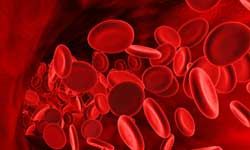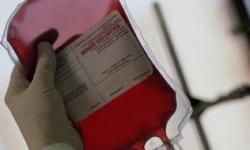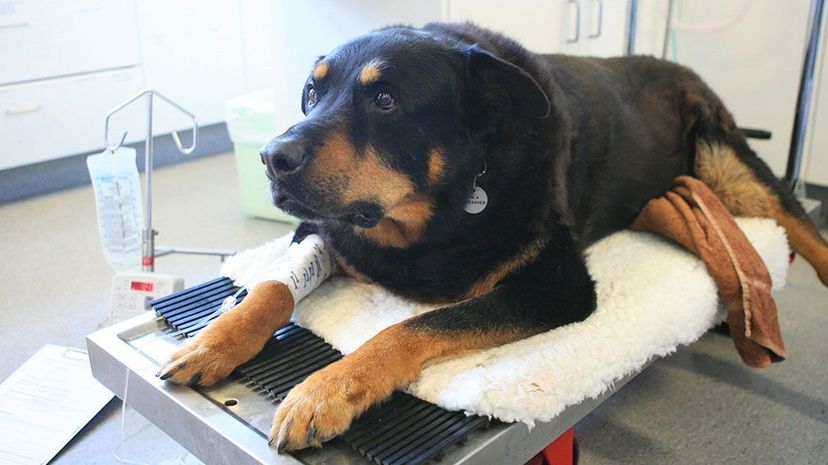
Key Takeaways
- Many animals have different blood types, with each species having its unique system, such as dogs with over eight blood types and cats with two main types.
- Blood transfusions in animals require careful matching to avoid adverse reactions, similar to humans.
- Horses and cows have highly complex blood group systems, making matching for transfusions challenging.
We tend to think about our blood type when we give blood, get a blood transfusion, or when we decide to go on a fad diet that requires us to eat specific foods based on the proteins we have riding around on our red blood cells. So, depending on your personal habits, your consideration of blood types — or blood groups, as scientists refer to them — might range from rarely ever or pretty much all the time.
But how much do animals think about their blood types? Presumably never, given what we know about animal cognition. But we humans do think about our animals, because sometimes animals receive blood transfusions too, and we want to make sure the blood we're giving a ferret or dog or parakeet doesn't cause a blood incompatibility reaction. That's a negative reaction causing the recipient's immune system to attack foreign blood, producing antibodies against the red blood cell proteins, or antigens, in the donated blood. Although all animals have blood groups, every species has a different system, and we know the most about the systems of domesticated mammals.
Advertisement
The human blood group system is based on three different antigens: A, B, and O. The possible blood types we could have are A, B, AB and O, and each one of these can be either Rh positive or negative. Type O negative blood is generally considered to be universally accepted by any other blood type, and type AB positive can receive any other type.
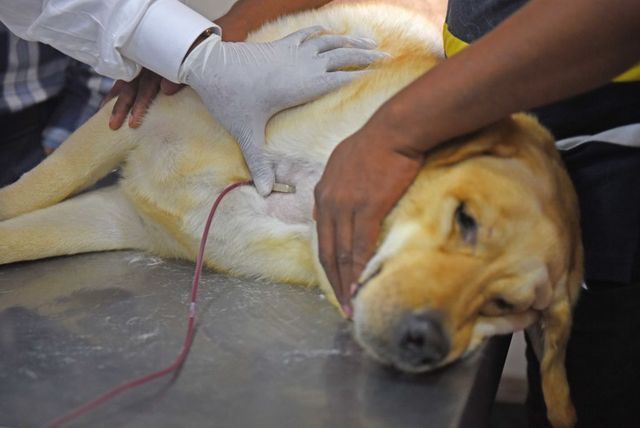
Dogs, for their part, have more than eight different antigens that can attach to their red blood cells, most of them labeled Dog Erythrocyte Antigen (DEA 1.1, 1.2, 3, 4, 5, 6 and 7). Often individuals within a specific breed of dog will have the same blood type — for instance, 60 percent of greyhounds fall into the DEA 1.1 negative (the universal dog donor) blood group. But new canine blood groups are still being detected — the recently discovered Dal blood group, for example, is only found in Dalmatians.
Cats, on the other hand, have only two possible antigens — A and B, although they aren't the same A and B antigens found on human blood. There is no universal donor or recipient feline blood groups, but the vast majority (around 90 percent) of domestic cats have type A blood, while more exotic purebreds often type B. AB is also possible, but very rare.
Like dogs, horse blood groups are loosely organized along breed lines, but there are 30 different groups, that represent combinations of 8 different antigens (A, C, D, K, P, Q and U are internationally recognized, while T is still being researched.) Cows are tricky because there are 11 major blood groups (A, B, C, F, J, L, M, R, S, T and Z), but the B group includes over 60 different antigens, making blood matches for transfusions tough.
Keep all this in mind next time you need to give some furry companion a blood transfusion – we animals have much in common, but there's still much that separates us.
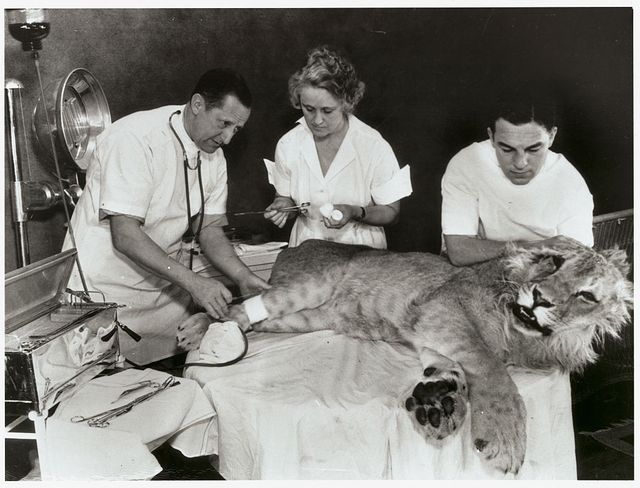
Advertisement
